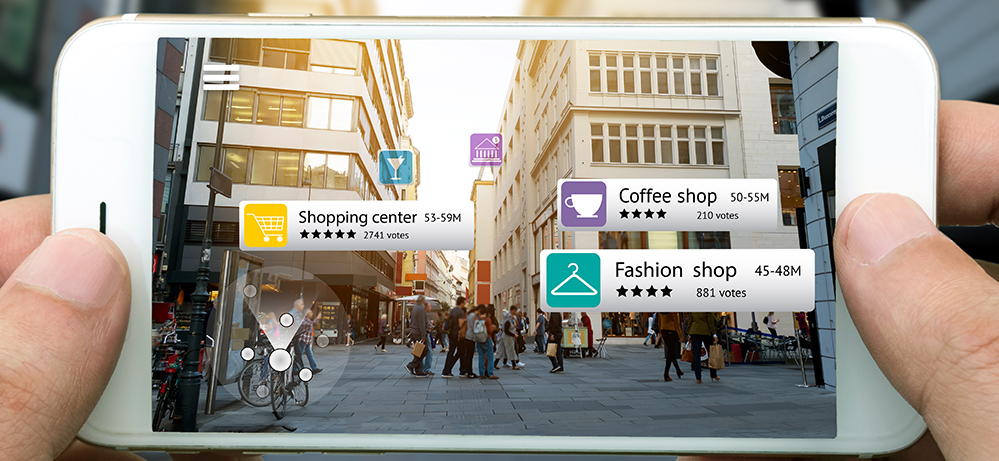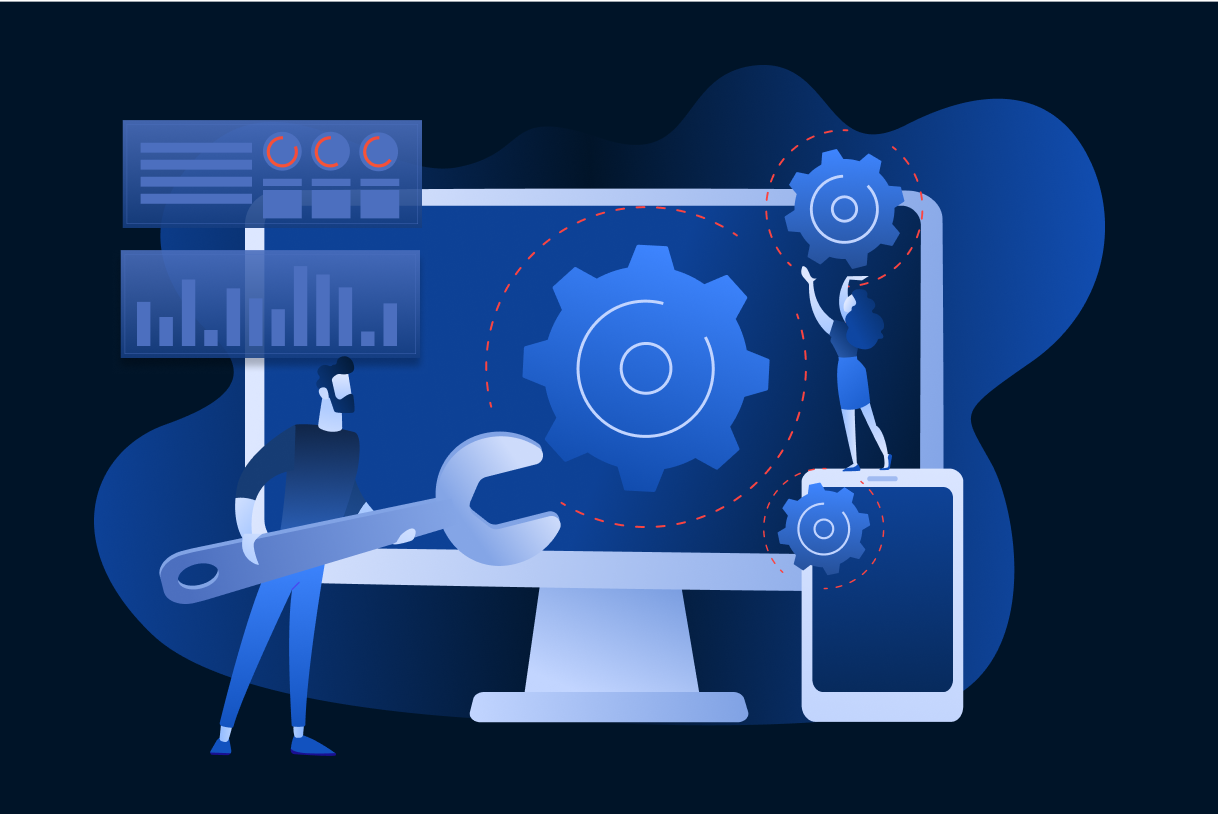The terms web app and mobile app are often used interchangeably and thought of as the same concept. This couldn’t be further from the truth. There are differences for the user as well as how they are developed and deployed. In this article, we look at the definitions of mobile apps versus web apps and how both are built. We further do a table comparison of each and touch briefly on what to consider before choosing your app type.
2. How are mobile and web apps built?
3. Mobile apps vs web apps – a comparison
4. Considerations for choosing the type of app
The key to building a successful digital product is understanding the differences between web apps and mobile apps. A fundamental understanding of these differences will inform your decision about what type of app to develop. Although considering the cost-effectiveness of your app in relation to your goals is an important factor, you should always weigh up which of the two technologies will best suit your target audience.
1. Mobile app or web app?
In simple terms, a web app is close to a website with the feel of a mobile app. Web apps can run on various internet browsers such as Chrome, Firefox and are written in programming languages such as JavaScript and HTML5 and often rely on a database where user and other data is securely stored. Web apps have a lower barrier to entry due to their relative simplicity and are therefore more cost-effective and easier to develop. However, the tradeoff is that they tend to be slower, have less intuitive designs for their user interface and use less of the features that are inherent to a smartphone.
A mobile app, on the other hand, is designed to run on a mobile device such as a smartphone or a tablet. Mobile apps are usually small software units that can provide users with quality services and experiences. In contrast to applications designed for desktop computers, modern mobile apps rely on other connected devices such as cloud-based servers, IoT devices, and other smartphone users.
2. How are mobile and web apps built?
Until recently there was only one way to build a mobile app: program a smartphone using its own platform’s native programming language. So, if you wanted to build an Apple/iOS app, you would use Apple’s software development kit and for an Android app, you would use Android’s native language. This is no longer the case. Today, an intermediary language such as JavaScript is well suited to develop hybrid apps which function like a web app that runs on a mobile device. Essentially when the app starts, it runs a small web browser that can be used across several platforms including Windows, Android, and iOS. The code can then be exported to create both Android and iOs apps instead of having to build each one independently and at a greater cost. Of course, there are advantages and disadvantages to this approach, but it remains a solid option for many apps.
Unlike a mobile app, there is no software development kit (SDK) for developing a web app. For a quick start, there are templates and frameworks available like Angular, React, and Vue.js. When building a web app from the bottom up.
Three aspects that are also useful to understand when building a mobile or web app are, firstly understanding backend languages such as Python or Ruby as this will control how your app works. Secondly, you will also have to understand the front end tools available, that is, HTML, CSS and JavaScript for web and native toolsets available for Android and IOS to get the look and feel of your web app right. And finally, you’ll need to understand DevOps – Github and Jenkins for example – to deploy a web app and rules for deploying your app on the App Store and Google Play Store. With this out of the way, it is important that you define your app. It is not a Swiss army knife and cannot do everything so it’s vital that you define the features of your app.
3. Mobile apps vs web apps – a comparison
| Mobile app | Web app | |
| Platform | Mobile apps can be specific to one or multiple platforms; have access to device. features and offer a good user experience. | Accessible irrespective of the device or operating system; don’t require downloading or installing to use. Offer the same features and functionality on mobile and desktop browsers. |
| Development | Use platform-specific languages for coding. | Utilise web programming languages, namely HTML5, JavaScript, and CSS3. |
| User interface | Follow specific UI requirements of each platform. | Flexible UI for their web apps that are compatible with multiple devices. |
| Accessibility | Developed for complete compatibility with the users’ devices. | Accessed through a browser; capable of serving users on a wide range of devices across all operating systems. |
| Cost of development | Requires investment in the form of specialised skills. | Web app development is generally a more cost-effective option (yet very dependent on the feature specifications). |
4. Considerations for choosing between developing a web app or mobile app
Native and web apps both have their own unique advantages and disadvantages. As much as you need to become familiar with these, you have to first identify the parameters within which you will be working. Let’s take a look at some of the considerations for choosing the type of app:
- Are the majority of users going to use the app from their desktop computers or mobile phones?
- When do you plan to launch the app — will the timeline be tight or flexible?
- What features do you intend to include – will the app use the device’s native features?
- Budget – is your budget restricted or can it accommodate a full range of development options?
- Do you have sufficient development resources and if not, can you outsource some of the work?
- What is the goal of your app? The goal will determine whether you’re building a mobile or a web app.
- Always remember to keep your users front and centre in your planning to ensure you make the most effective decisions.
Bringing an application to life can be overwhelming and costly if not approached correctly. If you have an idea for an application but are unsure whether to pursue the development of a native mobile app or a web app, please reach out to our team and we will gladly assist.





